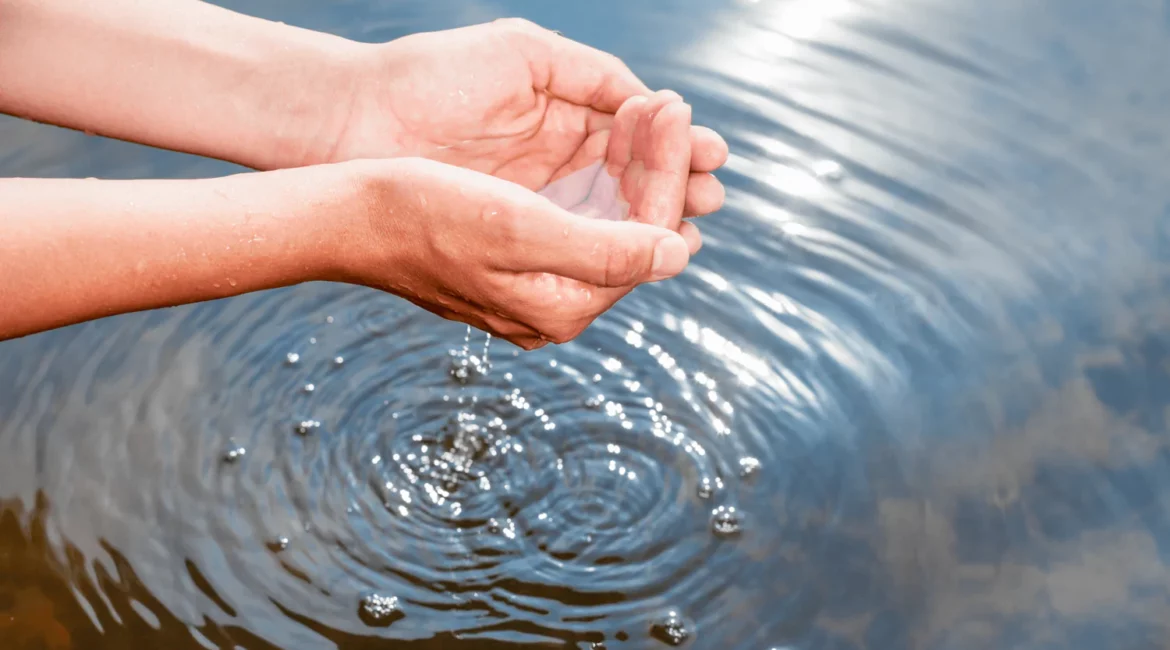Water is often called the essence of life, and for good reason. Covering approximately 71% of the Earth’s surface and forming the basis of all known life, water is not just a simple compound of hydrogen and oxygen; it is a dynamic substance with remarkable properties that intrigue scientists and philosophers alike. This blog explores the multifaceted nature of water, examining its consciousness, memory, and vibrational qualities, and their implications for life on Earth.
The Fundamental Role of Water in Life
Water is essential for all living organisms. It serves as a solvent, facilitating chemical reactions within cells and transporting nutrients and waste. Its unique properties, such as high specific heat and surface tension, play crucial roles in maintaining stable ecosystems. The ability of water to exist in three states—solid, liquid, and gas—also enables diverse biological processes and regulates climate.
However, beyond its physical and chemical roles, water has also been attributed with more profound qualities. Ancient cultures often revered water, viewing it as a source of life, purity, and spiritual significance. Modern research has begun to explore these dimensions, delving into water’s potential consciousness, memory, and vibrational nature.
Water and Consciousness
The idea that water possesses some form of consciousness may seem far-fetched, but certain theories suggest that water interacts with energy fields and consciousness in ways we have yet to fully understand. In various spiritual traditions, water is seen as a conduit for energy, a medium through which intentions and emotions can flow.
Some researchers propose that water may respond to human thoughts and emotions. For instance, Dr. Masaru Emoto’s controversial studies indicated that water molecules could change their structure based on the words and intentions directed toward them. While his findings have been met with skepticism, they invite us to consider the possibility that water is not just a passive substance but an active participant in our experiences.
Water as a Memory Keeper
The concept of water as a memory keeper is another intriguing aspect of its nature. This idea suggests that water can store information about its environment and the substances it has come into contact with. This perspective aligns with some traditional beliefs and is echoed in practices such as homeopathy, where water is thought to retain the “memory” of medicinal substances even after they have been diluted beyond recognition.
While the scientific community remains cautious about the claims of water memory, research in fields like quantum physics and biochemistry is beginning to explore the complexities of water’s molecular structure. The arrangement of water molecules can influence its properties and behavior, leading some scientists to investigate how these arrangements might carry information.
Vibrations and Frequencies
Another fascinating dimension of water is its relationship with vibrations and frequencies. Water is highly responsive to sound and can be influenced by various frequencies, which can affect its molecular structure and behavior. This quality has led to the exploration of sound healing, where specific frequencies are used to promote healing and balance in the body.
Studies have shown that water can change its physical state in response to sound waves. For example, when exposed to certain frequencies, water can form unique geometrical patterns, reflecting the idea that it holds memory and can respond to energetic influences. This concept has implications not just for healing practices but also for understanding how environmental factors—such as pollution or noise—can affect the quality of water and, by extension, life itself.
Water and Emotional Well-Being
The connection between water and emotional well-being cannot be overlooked. Water is often associated with tranquility and calmness, offering a sense of peace and connection to nature. Many cultures have rituals and practices that incorporate water, such as bathing, purification, and spiritual ceremonies, recognizing its ability to cleanse both the body and spirit.
The soothing sound of water—whether from a gentle stream, crashing waves, or rain—can have therapeutic effects, reducing stress and promoting relaxation. By understanding our relationship with water, we can harness its power for personal and collective healing, nurturing a deeper connection with this essential element.
Conclusion
Water is far more than a basic necessity for survival; it is a profound element that intertwines with our physical, emotional, and spiritual lives. The exploration of water’s consciousness, memory, and vibrational qualities opens up new avenues of understanding our relationship with nature and the universe. As we continue to study and appreciate the complexities of water, we are reminded of its vital role in sustaining life and its potential for deeper connections.
Recognizing water as a living, dynamic force encourages us to treat it with respect and care. By nurturing our relationship with water, we honor not only its essential role in our lives but also its broader significance as a symbol of unity and interconnectedness. In a world facing environmental challenges, this understanding is crucial as we strive to protect and preserve the essence of life for future generations. Water is a reminder of the beauty and complexity of existence, urging us to delve deeper into its mysteries and embrace the wisdom it offers.
4o mini
